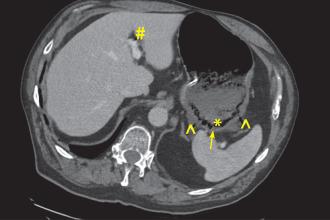
Debunking common myths in infectious diseases practice
Dispelling 10 common myths that percolate widely in infectious diseases practice. Read More

Dispelling 10 common myths that percolate widely in infectious diseases practice. Read More

A comparison of the performance of Canada’s publicly funded health care model with that of the Netherlands shows that the Netherlands provides double the benefits for approximately the same costs per capita. A root-cause failure analysis was conducted to determine the cause of the discrepancy. Read More

A combined program of universal RSVpreF (Abrysvo) vaccination for pregnant individuals and nirsevimab (Beyfortus) for at-risk infants would substantially curtail respiratory syncytial virus disease burden in BC with the lowest budget impact. Read More

There have been significant changes and expansions to several publicly funded immunization programs in British Columbia that enable more people to access publicly funded immunizations. Read More

Initial conservative management of Sarcina ventriculi in hemodynamically stable patients, even those with gastric ischemia and necrosis, can be considered in the absence of perforation. Read More

Climate change and associated climate events are now a fact of life. It is predicted that these events and their related health impacts will intensify over the coming years. Read More

A growing gap between paramedic and hospital overdose data in BC reveals that thousands of overdose cases go unclassified or unrecorded in emergency departments each year, obscuring the true impact of the toxic drug crisis and undermining effective public health response. Read More

Dr Kostas Panagiotopoulos is an orthopaedic surgeon specializing in hip and knee reconstruction, sport medicine, and complex trauma, who sees many patients with work-related injuries, including at the WorkSafeBC Visiting Specialist Clinic. Read More

Happy holidays! December is upon us, and with it come the familiar, tempting smells of cinnamon, hot chocolate, and fresh cookies. Read More

Being a member of the BCMJ Editorial Board for the last 17+ years has taught me a few things about communication. Read More

As my year as president of Doctors of BC concludes, I reflect with deep gratitude and humility. Read More


